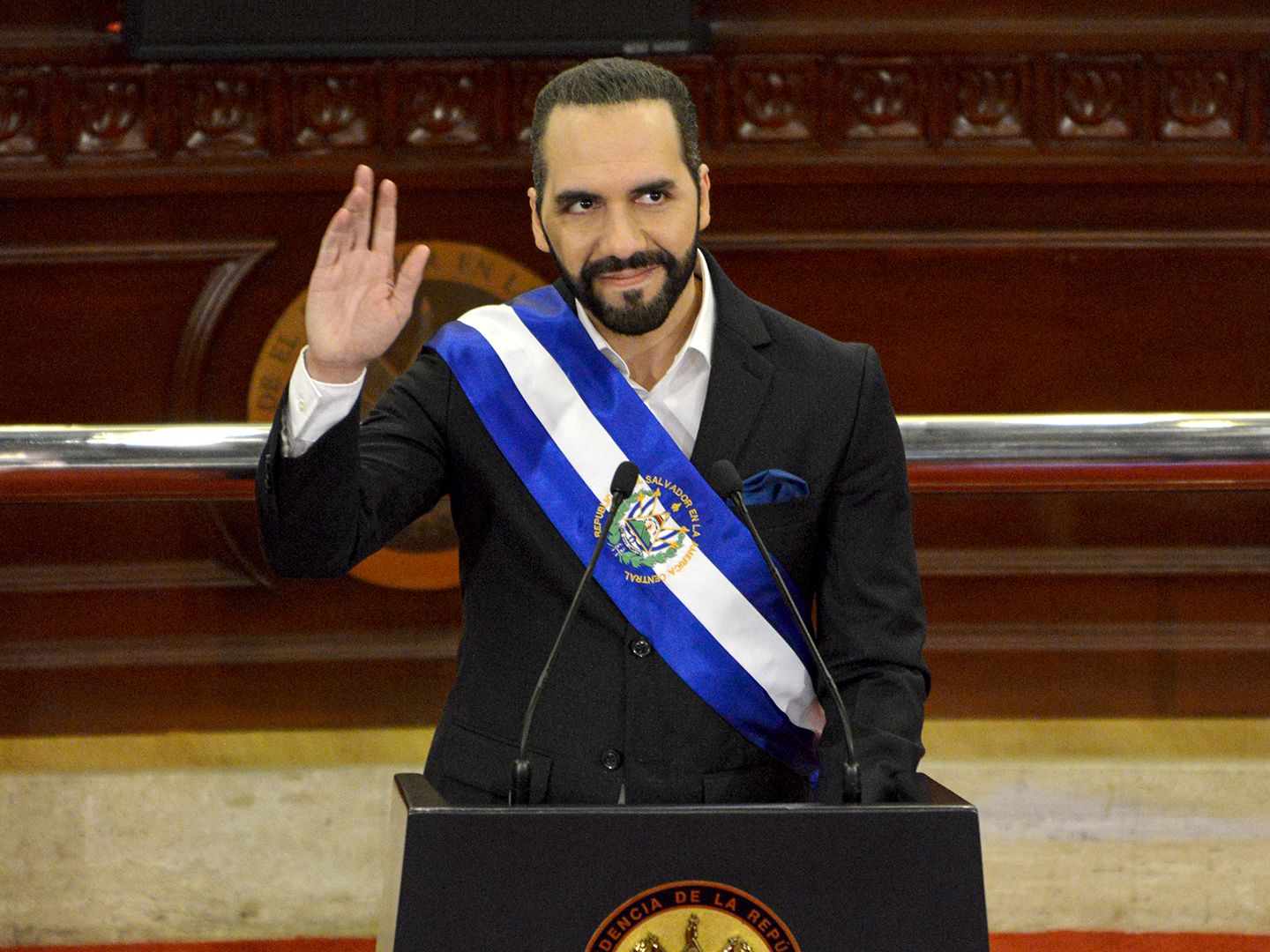
El Salvador is negotiating a deal worth $3.5 billion with the International Monetary Fund (IMF) and is considering several changes regarding its bitcoin initiatives in return for funding.
Key Points:
- The government aims to either sell or wind down the Chivo wallet, which was launched to promote bitcoin usage.
- Bitcoin acceptance will be voluntary in the private sector, and taxes will be mandated to be paid in U.S. dollars only.
- Despite initial incentives like a $30 sign-up bonus, the wallet has not gained significant traction nationally.
Stacey Herbert from the Bitcoin Office announced that other private wallets will continue their operations. The IMF also specified that engagement with cryptocurrencies by the public sector will be restricted under this agreement.
Herbert expressed that El Salvador will maintain its bitcoin reserves, purchasing approximately one bitcoin daily, totaling 5,968.77 bitcoin valued at nearly $596 million.
The Document States:
The IMF document highlights that risks associated with bitcoin’s volatility will now be reduced in line with fund policies.
Quote: “The potential risks of the Bitcoin project will be diminished significantly in line with Fund policies,” stated the IMF.
Consistent with findings from various economic surveys, the adoption of bitcoin among Salvadorans has remained low, with an earlier survey indicating that 88% hadn’t used bitcoin as of 2023.
Under this program, funding from additional institutions like the World Bank and regional development banks is expected to supplement the total to the $3.5 billion target.


